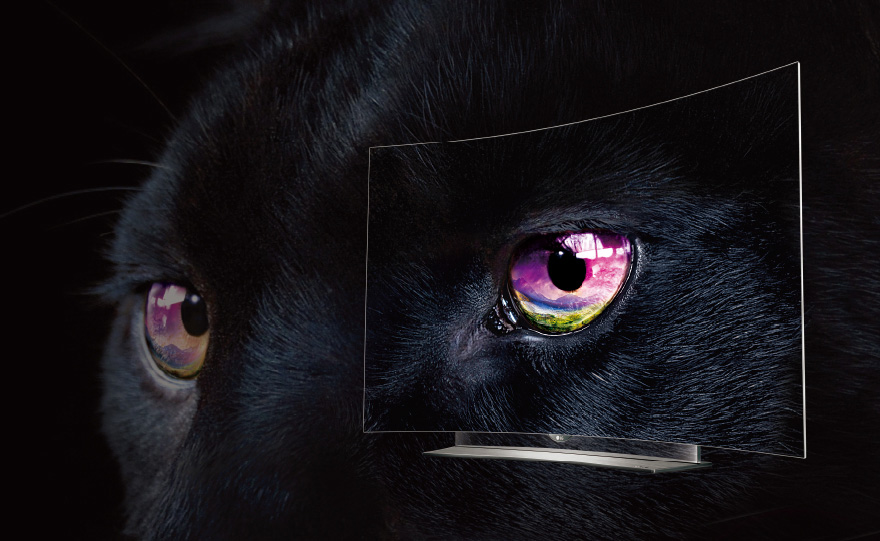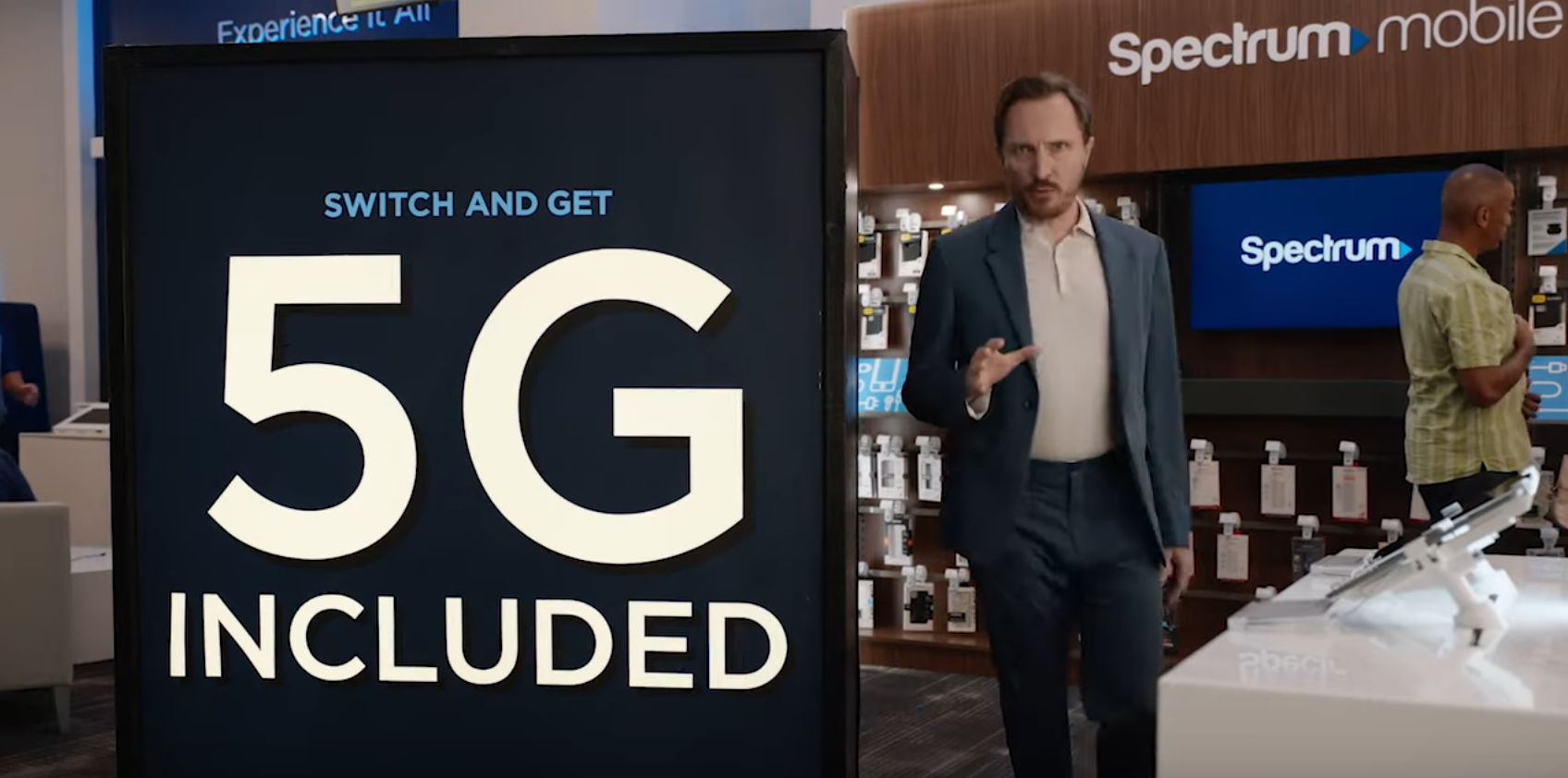
Verizon: ‘You Dunk It, We Upgrade It’
Except when there’s battery damage.
NAD shines a light on picture claims.
If you can see the creature stalking in the darkness, you are not going to be frightened when it jumps out at you. To ensure the scary movie you’re watching at home serves its purpose, you need that darkened hallway or hayfield in which the beast lurks to be shrouded in the deepest black.
LG claims its OLED televisions deliver such a color: “Perfect black,” which it says is the result of OLED pixels that “emit no light in the absence of an electric current.”
But in the absence of “competent and reliable product testing,” the National Advertising Division (NAD) recently recommended that LG discontinue use of the term in its marketing. Specifically, NAD said the conditions under which LG conducted product testing — in a dark room with no ambient light — did not reflect actual consumer viewing conditions. It also recommended that LG drop a related term — “infinite contrast” — from its marketing materials, as in the LG webpage claim:
Perfect Black, infinite contrast and the maximum manifestation of color are attainable through your screen. Each individual self-lighting pixel brings the most intricate details that could not be experienced before.
LG had countered that the only way to prove the “perfect black” capability of its OLED TVs is to remove all ambient light from the room (though it first argued that it should not be required to provide any evidence as the “perfect” in “perfect black” renders the claim puffery — NAD disagreed). But after indicating that it would appeal the NAD decision to the National Advertising Review Board, LG provided new consumer perception evidence that it said showed “near-zero possibility that blacks on OLED televisions emit any light detectable by the human eye.”
NAD reviewed that new evidence but apparently wasn’t swayed. It gave LG another chance to comply with its recommendations and when the company declined, it referred the matter to the FTC.
Samsung originally challenged the advertising with NAD.
Find more of our coverage on televisions here.
Except when there’s battery damage.
Interested in 5G? Spectrum Mobile may not have you covered.
When you don’t own what you buy.


